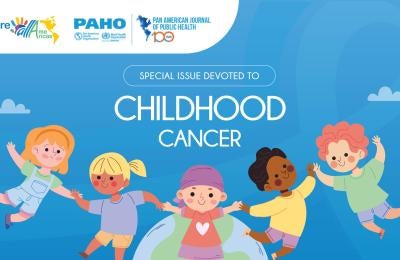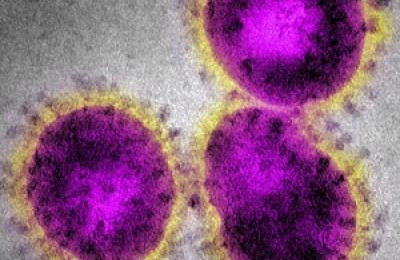Information systems for health: an analysis of design from a public policy perspective
In 2019, the Pan American Health Organization approved a regional policy known as the Plan of Action for Strengthening Information Systems for Health 2019-2023, the design of which is the subject of this article. This analysis was carried out from the point of view of the development of the plan of action, as well as its implementation, in the light of the theoretical concepts of Harold Lasswell and Charles Lindblom. In the study of this policy, consideration was given to context, focus on problems, diversity, and the variety of methods used.















